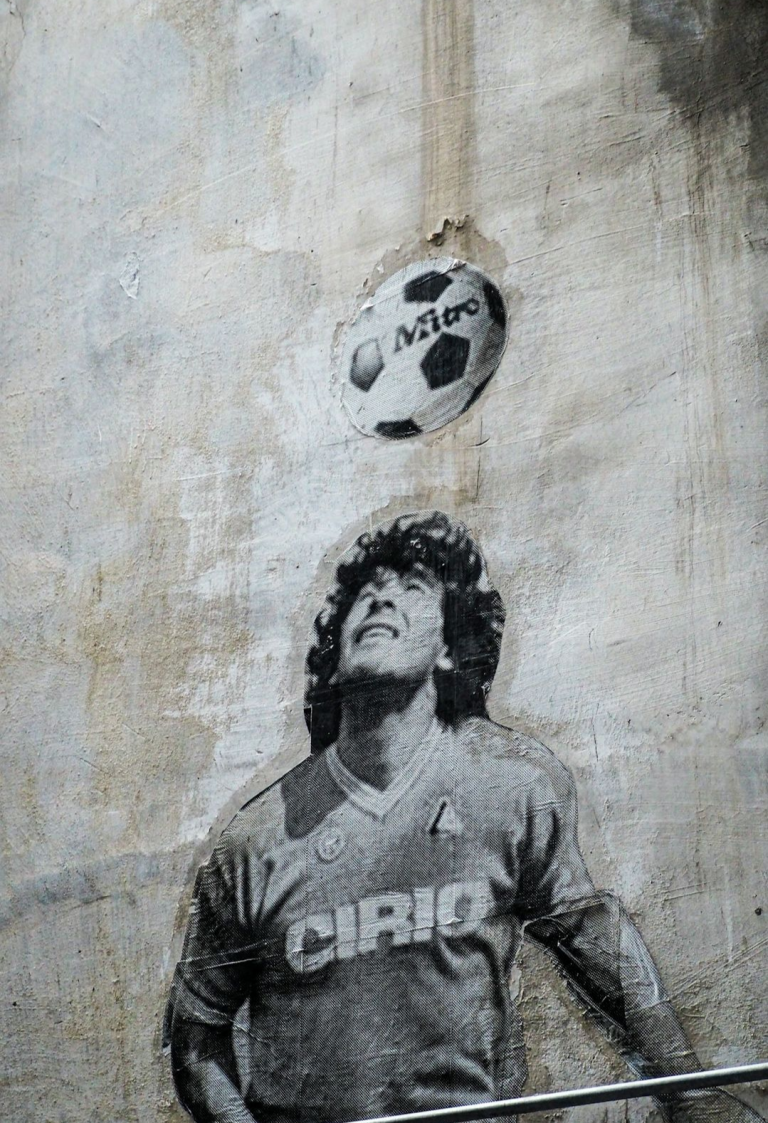3 September 2025
Conor Curran, network member and social and cultural historian at Trinity College Dublin, has just published his new book entitled "Blue Chippers from the Emerald Isle. A history of Irish footballers and scholarships in the USA in the twentieth century" with Peter Lang.
The book explores Irish male and female soccer players’ experiences of US soccer scholarships in the twentieth century. It assesses how valuable these scholarships were in terms of playing, education and post-university careers. This study therefore focuses on how these players were recruited, their playing and educational experiences of the soccer scholarships, and the extent to which their scholarships facilitated their employment in professional soccer and in work related to their degrees after leaving university. Using oral testimony as well as archival evidence, the book adds new perspectives on the history of sports migration, to studies of the Irish diaspora, to research on the history of education and to women’s history. It also contributes to the fields of sports history, migration and education. In doing so, it examines an aspect of the history of Irish-American relations that has not previously been assessed.
"This is a fascinating and timely contribution to debates on sport and migration. Curran uses an impressive array of methods from archives to in-depth interviews to tell the story of young Irish athletes who move to the United States to take up scholarship opportunities to further their education and play football." (Chris Bolsmann, California State University).
Congratulations, Conor!

7 August 2025
Network member Jeferson Roberto Rojo (State University of Maringá, Brazil) has published his new book about the migration of East African athletes to Brazil. The book is written in Portuguese and entitled "Pelas ruas brasileiras: a migração de atletas do leste africano para o Brasil" [Through Brazilian Streets: The Migration of East African Athletes to Brazil].
By dealing with the phenomenon of African road runners moving to Brazil, the book proposes a comprehensive analytical model that considers cultural, political, economic, and personal dimensions of migration practices. Although economic factors play a role in the decision to migrate, political, cultural, and personal aspects shape the migratory patterns of these athletes, offering a multifaceted analysis of the phenomenon within the international sports context.
Congratulations, Jeferson!

5 August 2025
We welcome Mathius Sendawula as a new member of the network. Mathius is a PhD candidate in Sport Policy and Management at the University of Worcester exploring the integration and career pathways of young footballers who migrate independently to England without agents, club contracts, or institutional support. His research investigates how structural barriers such as restrictive immigration policies, limited access to formal training environments, and broader social exclusion impact the development and wellbeing of these aspiring players.
Using qualitative methods, he will be conducting semi-structured interviews and policy analysis to examine the lived experiences of these youth and the systemic challenges they face in navigating both football and society. The study also engages with key stakeholders including football clubs, governing bodies (e.g. FA, UEFA, FIFA), The Greater London Authority, Home Office and community organisations to inform policy and practice. His work contributes to filling a critical gap in the literature, which has largely focused on elite players within formal development systems. He aims to advance the sociological understanding of sport as both a site of opportunity and exclusion for independently migrant youth.
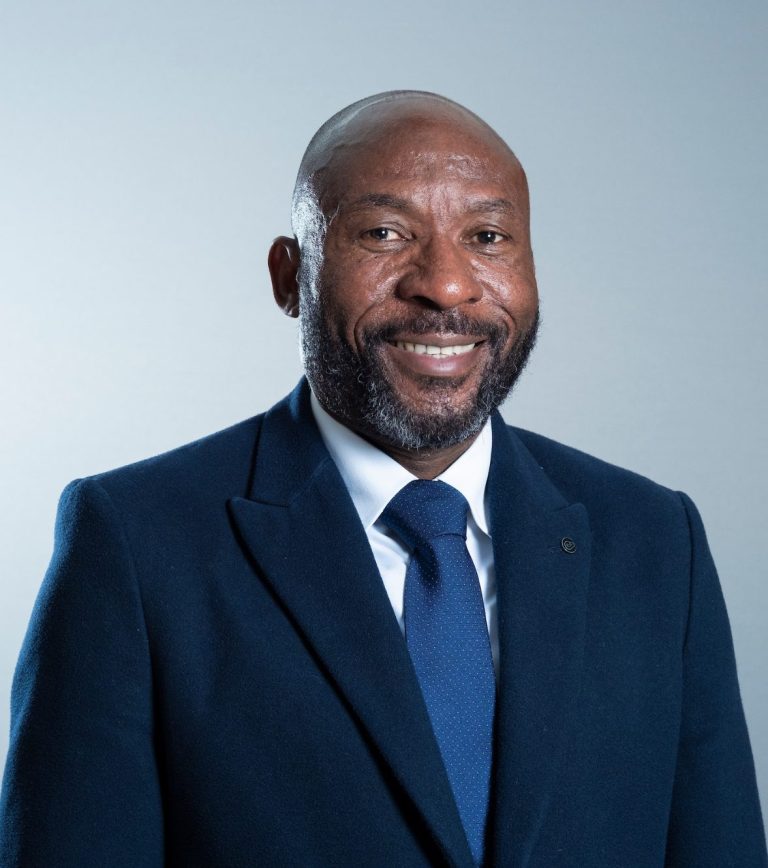
21 July 2025
Tina Nobis, professor of Sport Sociology at the University of Wuppertal (Germany), has joined the network. Tina‘s research areas encompass sport and racism, sport and belonging and sport and social inequalities. Furthermore, she is interested in knowldege production and in critically assessing the epistemic foundations of sport sociological research. Tina conducts theory-driven empiricial research and utilizes both quantitatve and qualitative methodologies. She accords significant importance to knowledge exchange with civil society and to research-based contributions aimed at advancing democratic, open, and pluralistic societies.
Currently, Tina is Principial Investigator of three research projects. A first project focuses on understanding racism, antiracism and whiteness in club-organized sport. A second project asks about perceptions and experiences of racism in elite sports. A third project aims to explore how youth experience and co-create belonging in sport contexts and how belonging is granted or denied to them.
Photo credit: Friederike von Heyden/ University of Wuppertal

11 July 2025
Mark Falcous, member of the network's board, has organised a session on Sport & Migration at the recent 2025 World Congress of Sociology of Sport in Seoul. Among the presenters were network board member Carmen Rial, Federal University of Santa Catarina ("Title IX and the Circulation of Brazilian Women Football Players in the US"), Peizi Han, Loughborough University ("Policy Reforms and Global Player Mobility: The Impact of Chinese Women’s Super League Regulations on Domestic and International Player Trajectories") and Dana Young, University of Melbourne ("Key Mechanisms Supporting Social Capital Development Through Sport for Migrant-background women in Australia").

9 July 2025
Network member Mark Hann has just published his book, "Wrestling with Hope in Urban Senegal: Sports, Masculinity, and Precarious Trajectories", with Berghahn Books. The volume will inaugurate a new series titled "Sport Matters", and is based on his doctoral research in urban Senegal between 2014 - 2018.
While the book broadly explores the intersections of sport, masculinity, and precarious life paths in contemporary urban Senegal, it will be of particular interest to scholars working at the crossroads of sport and migration. One chapter is specifically dedicated to the complex interplay between sporting aspirations and desires for international migration, contrasting the trajectories of aspiring wrestlers and footballers. Other chapters touch upon the links between sport and internal migration/mobility, and how these mediate global and local imaginaries, ethnic belonging, spiritual and religious practices, and shifting notions of tradition and modernity.
A virtual discussion event of the book is planned for the fourth quarter of 2025.
Congratulations, Mark!

7 July 2025
The network is growing! Gijsbert Oonk, professor of Global History at the Erasmus University Rotterdam, has joined the network. Gijsbert is director of the Sport and Nation research program at Erasmus University Rotterdam, an interdisciplinary research program that focuses on talented athletes with a migrant background within football and the Olympic Games in the context of changing citizenship, multiple citizenship and elite migration. Among his publications in the field are "Sport and nationality: towards thick and thin forms of citizenship" in National Identitites and "Has the World Cup become more migratory? A comparative history of foreign-born players in national football teams, c. 1930-2018" in Comparative Migration Studies (with network members Gijs van Campenhout and Jacco van Sterkenburg).
Gijsbert is also one of the academic advisers of EuroClio (European Association of History Educators) to which he contributes by engaging history education through memories and legacies of Europe's favorite sports. This program aims to promote historical thinking of young people through football.
Welcome, Gijsbert!

4 July 2025
Jakub Vávrovský, PhD student at the Department of Political Science, University of Hradec Králové (Czech Republic), has joined the network. Jakub's research focuses on the integration of African football players in the Czech Republic and the experiences of African footballers within Czech society. This research systematically addresses the interrelated themes of integration, migration, and racism—topics that are underrepresented in Czech scholarship—while being framed within the unique socio-cultural and geopolitical context of Central Europe.
The study is conducted from multiple perspectives, including those of fans, players, management members, and journalists. It engages with prominent theoretical frameworks, such as Critical Race Theory, which the author adapts to the specific context of the Czech Republic and Central Europe. Additionally, the concept of ‘aversive racism’ is employed to analyse data gathered during extensive fieldwork. The findings of this research have been published recently in a joint article with Stephanie Rudwick in the journal Ethnic and Racial Studies,
Welcome, Jakub!
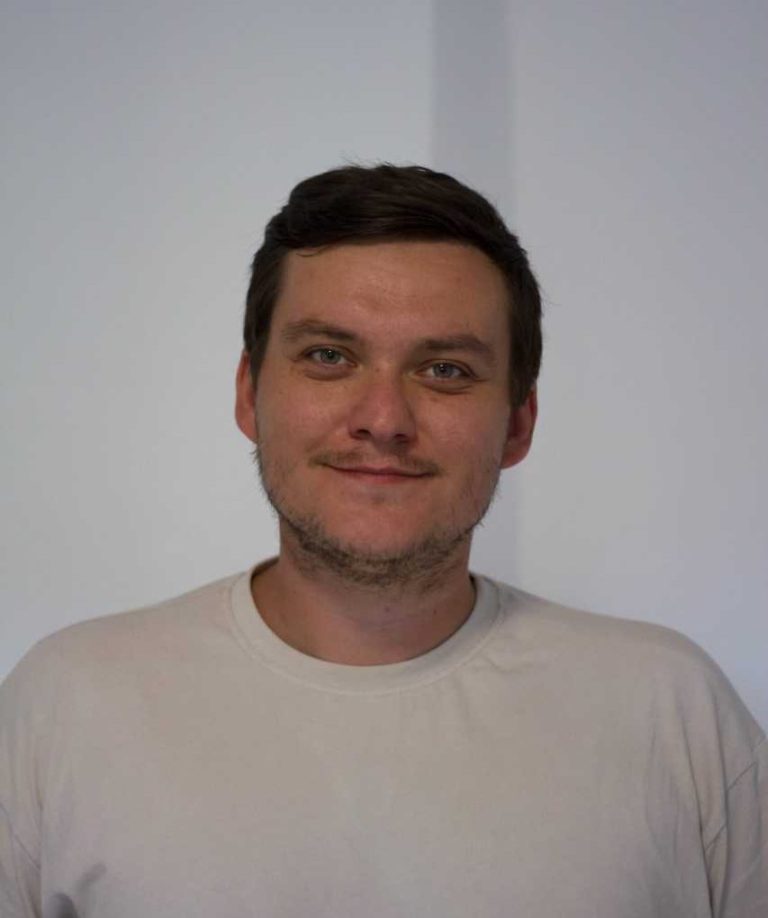
30 June 2025
Last week, two major conferences were held at which research on sports migration was presented and discussed.
At the 21st conference of the European Association for Sociology of Sport in Warsaw, network members Enrico Michelini, Győző Molnár, Alessio Norrito and Jacco van Sterkenburg presented results from their various projects. Jacco, for example, gave the co-authored presentation "Finding belonging at the baseball field: A study of diasporic belonging through sport narratives."
Network members Uroš Kovač, Emy Lindberg and Christian Ungruhe gave presentations at the 10th European Conference on African Studies in Prague. Emy and Christian participated in a panel entitled "Dynamics of Sport Migration" and talked about "Race on and off the pitch: Ghanaian football migrants in Sweden" (Lindberg) and "Tracing Othering: Spacial and temporal perspectives on the racialisation of West African football migrants" (Ungruhe). In another panel, Uroš spoke about "Contradictions of mobility and blockage: religion and spirituality among west African football migrants in Europe".

16 June 2025
Network member Roy McCree has recently published the edited volume "Sport Development and Sport for Development in the Caribbean: A Sociology of Emerging Trends on Caribbean sport" (Emerald) that includes three chapters that deal with sport migration across three different sports and jurisdictions.
In one of the chapters, Roy examines the changing character of transatlantic soccer migration from the Caribbean to Europe, Asia, North America and Central America. In another chapter, Patrick Gentle looks at the migration of baseball players from the Dominican Republic to the USA while in a third chapter, Khalilah Doss examines the migration of track athletes from Jamaica to the USA.
Generally, the book offers a unique focus on the Caribbean context to examine issues related to sport development and sport for development across a range of Caribbean countries that include Cuba, the Dominican Republic, Haiti, Jamaica, Martinique, and Trinidad and Tobago.
Building on an emerging body of work on the Caribbean context, the chapters showcase how this region has been an important part of the processes of commercialization and professionalization and globalization that have expressed themselves in and through sport. Touching on a range of sports which have formed part of Caribbean sport history and culture, including cricket, athletics, baseball and soccer, authors examine a broad array of issues in Caribbean sport that have come to define the contemporary scope of sport sociology.
Congratulations, Roy!
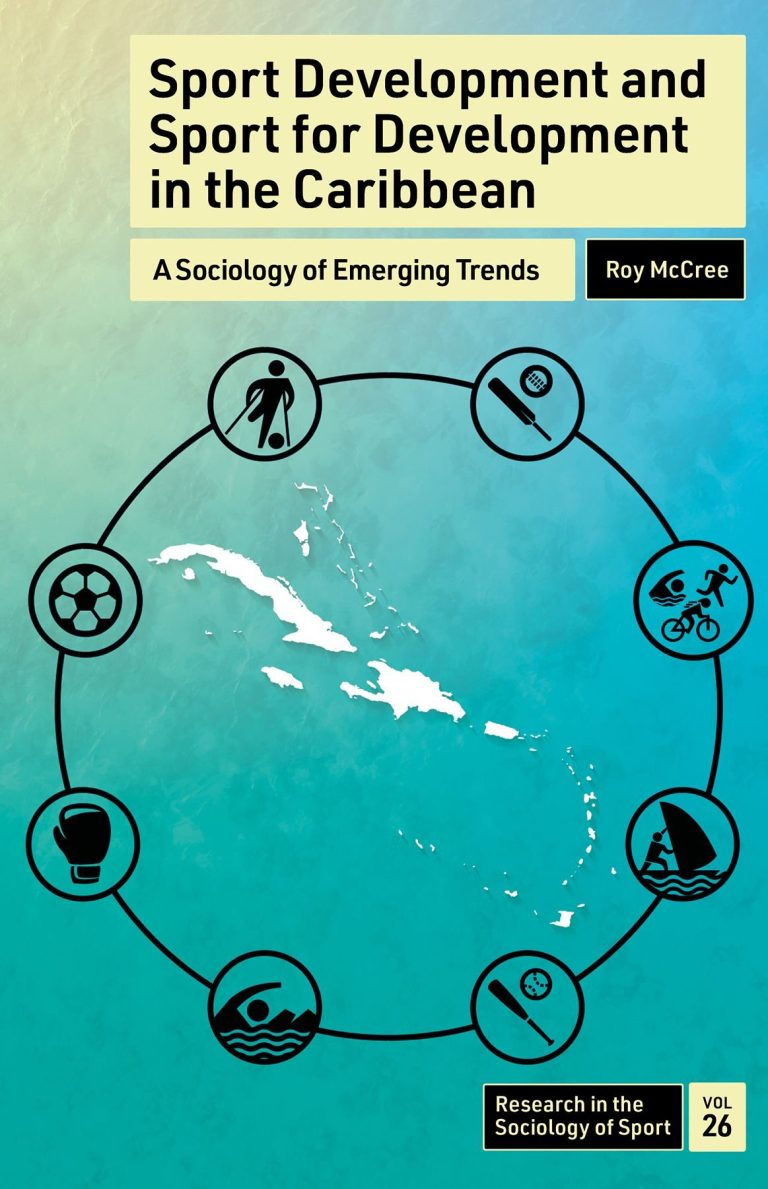
22 May 2025
CIES Football Observatory has just published its 100th monthly report, focusing on football expatriates. It presents in detail the trends in the number of men expatriates for the main exporting nations, as well as the main destinations and changes observed. The weekly post presents the top 100 of associations having exported the greatest number of men footballers to 135 leagues around the world between 2020 and 2025. With 3,020 distinct expatriates, Brazil is ahead of the last two World Cup winners: France (2,293) and Argentina (2,171).
England (notably due to the strong presence of English players in the other British associations), Spain, Germany, Colombia, Nigeria, Serbia and Croatia complete the top ten. The biggest increase between 2020 and 2025 in absolute terms was recorded for France (+372 expatriates), followed by Argentina (+216) and Nigeria (+181).
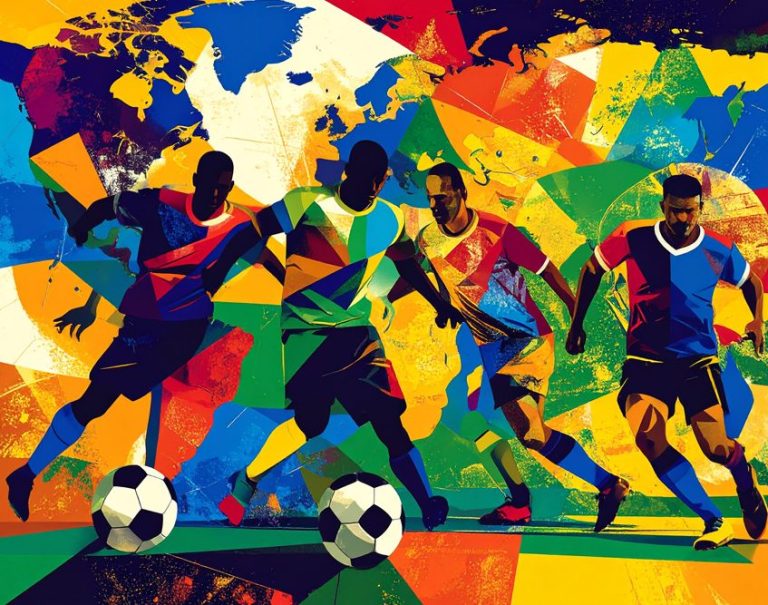
9 April 2025
Many thanks to everyone who followed the network's first book discussion of the Handbook on Sport and Migration. Special thanks to the editors Joseph Maguire, Katie Liston and Mark Falcous and discussants Carmen Rial and Alan Klein for their inspiring input.
For those who were unable to attend on March 24, the recording is now available on our new YouTube channel:
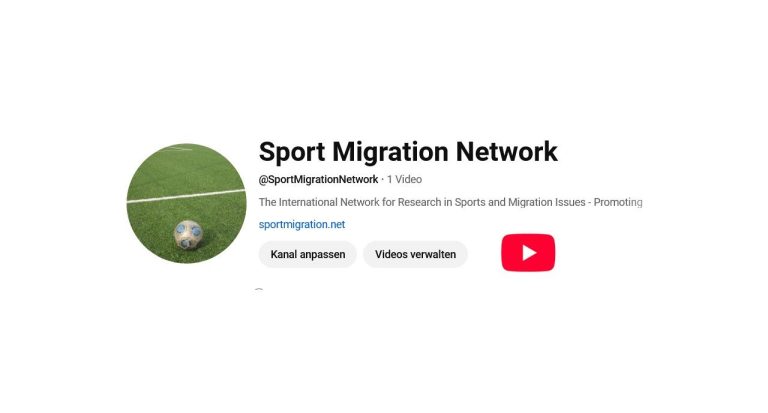
8 April 2025
We are delighted to introduce Deniz Urgun as a new member of the network. Deniz is a doctoral researcher in Applied Sciences at London South Bank University, specialising in cross-cultural sport psychology. Her research explores cross-cultural challenges in sports coaching, Cultural Intelligence (CQ), and the implementation of cultural training in sports. As a certified CQ facilitator, she works to enhance cultural intelligence among sports coaches.
Welcome, Deniz!

26 March 2025
We welcome Wycliffe Wekesa Simiyu Njororai, professor and chair of Kinesiology and Health Science at Stephen F. Austin State University, who has joined the network.
Wycliffe Njororai has a Ph.D. in Physical Education and Sport from Kenyatta University, Kenya, and has a research focus on intercollegiate sport, association football or soccer, track and field, sport labor migration, physical activity and health, performance sport, sociology of sport, pedagogy, recreation, and leadership in sport.
Among his publications are several journal articles on the impacts of sport labour migration, with a particular focus on Kenyan track and field athletes.
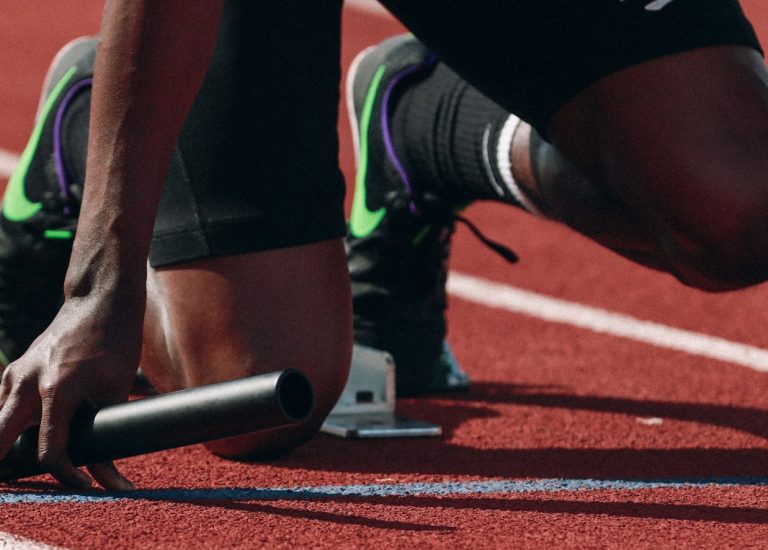
25 March 2025
We welcome Raphael Schapira as a new member of the network.
Raphael is an independent scholar studying everyday negotiations of difference, urban conflicts, and migration through the lense of movement cultures and Brazilian jiu-jitsu. In 2021 he received his Ph.D. in Anthropology and Sociology from the Graduate Institute Geneva and has been a 2022 postdoctoral Junior Fellow at the Maria Sibylla Merian Centre Conviviality-Inequality (Mecila) in Latin America based at the research institute CEBRAP in São Paulo. Based on fieldwork undertaken in Rio de Janeiro, he has published on evangelical Brazilian jiu-jitsu, urban sociality and inequality, infrastructures of (im)mobility, race and right-wing populism. An avid practitioner of Brazilian jiu-jitsu himself, he is fascinated by the way sports allow studying social processes at large and their (re-)creation through bodily practices. Raphael Schapira has a keen interest in bringing together the (self-)critical and transformative potential of anthropology with the social engagement of local communities. He does so through the realization of sport and educational projects directed at children and teenagers in Brazil and Germany.
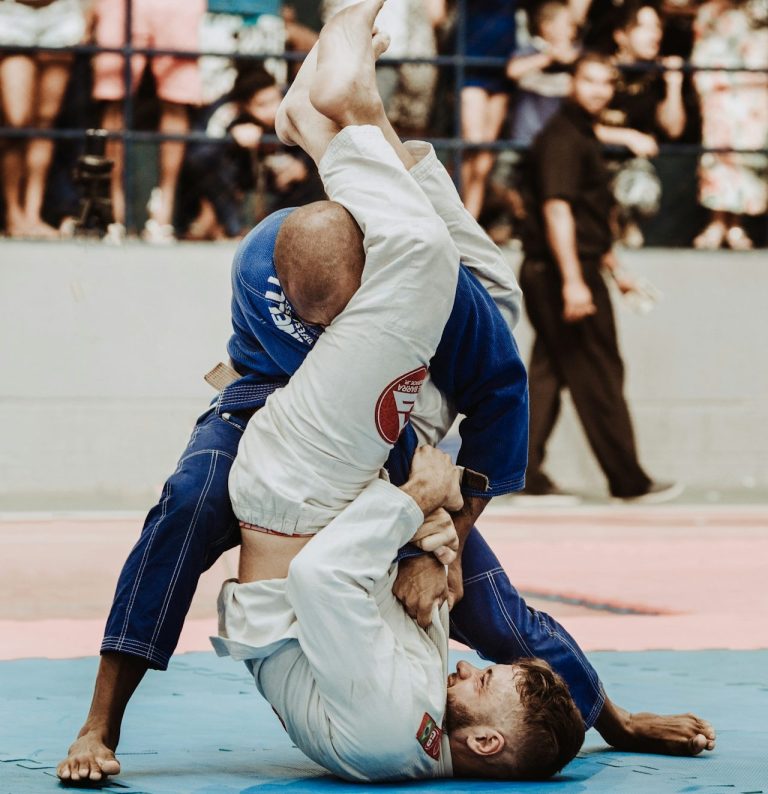
24 March 2025
We are happy to introduce Charles Ayodeji Olasupo as a new member of the network. Charles is a PhD student at the Rovira i Virgili University, Catalonia.
His research explores how Video Assistant Referee (VAR) technology influences fan perceptions of trust and fairness in Spanish football. With the increasing use of VAR, debates have emerged around its impact on decision-making, fan engagement, and the overall integrity of the game. Additionally, his work examines how digital platforms amplify discussions on race and discrimination within football, particularly in controversial VAR-related incidents. By analyzing fan reactions, media narratives, and online discourses, this study aims to contribute to the broader understanding of technology’s role in shaping trust, inclusivity, and fairness in sports.
Welcome, Charles!
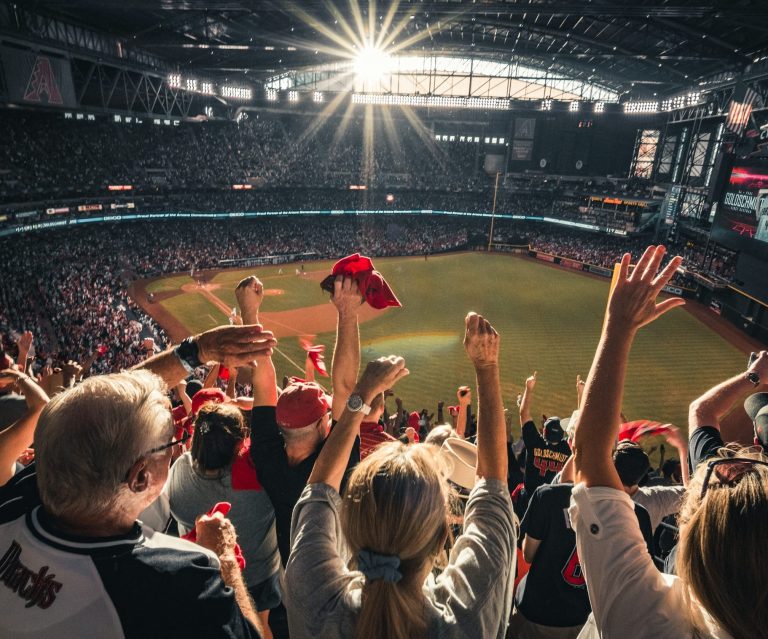
20 March 2025
We are looking forward to the network's first online book discussion coming Monday, March 24, @5pm on Zoom. Editors Joseph Maguire, Katie Liston and Mark Falcous will present their Handbook on Sport and Migration and network board members Carmen Rial and Alan Klein will discuss some of its crucial themes. You are welcome to join the event and participate in the discussion!
Hope to see you there!

18 March 2025
We welcome Marcelo Viana Araújo Filho as a new member of the network. Marcelo is a doctoral student in History at the Universidade Federal Fluminense (Brazil) and working on the research project 'Football and Transatlantic Circuits: The Circulation of Brazilian Players in Spanish Professional Football (1930-1936)'.
This research project investigates the transatlantic circuit of amateur and professional football players from Brazil to Spain between 1930 and 1936, a period interrupted by the Spanish Civil War (1936-1939). Adopting a transnational and social history perspective, with interdisciplinary dialogue in the field of sports, particularly influenced by cultural history, the study explores the circulation, exchanges, and experiences of footballers, predominantly Black men and urban workers. It examines their promotion and development within the context of Spanish football’s transformation into a mass sport. The research aims to analyze this transitional period, marked by the shift from amateurism to the increasing commercialization of football. By focusing on individual choices of historical agents who transitioned from amateur models to Spanish professionalism, the project seeks to understand their roles and contributions in the pre-Civil War era.
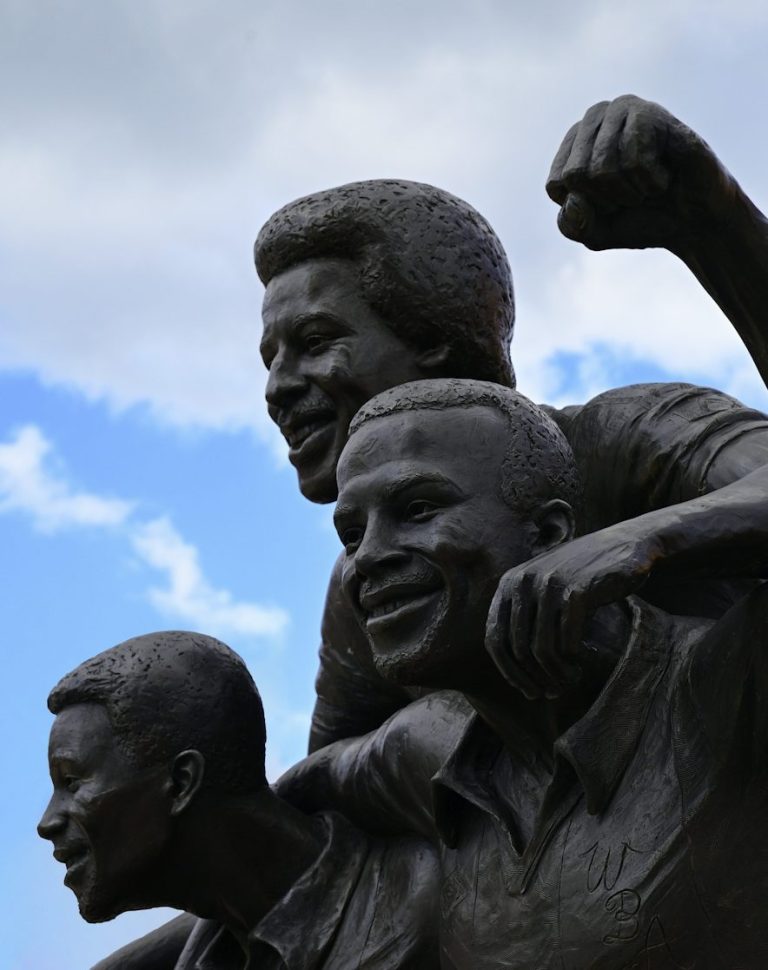
28 February 2025
We are pleased to announce the network's first virtual book discussion:
On March 24, editors Joseph Maguire, Katie Liston and Mark Falcous will present their recently published Handbook on Sport and Migration (Edward Elgar). Carmen Rial and Alan Klein will act as discussants and there will be ample opportunity for your questions and comments.
‘Edited by three of the most influential scholars in the global sociology of sport, [this] is a definitional text in the sub-field.’ (Michael Atkinson, University of Toronto)
‘A timely and provocative resource that builds upon decades of work in migration, geography, sociology, and sports studies. This book brings together a global team of scholars who provide keen insight into the dynamics of labor, mobility, migration, economy, and power in the sporting worlds of the 21st century.’ (Christopher Gaffney, New York University)
You are all invited to join the discussion and to spread the word about it!
Please save the date: March 24, 2025, 5pm GMT (New York: 1pm; Berlin: 6pm; Cape Town: 7pm, NZ: 6am(25th)), on Zoom. Click here for access!
Best regards and looking forward to seeing you there!
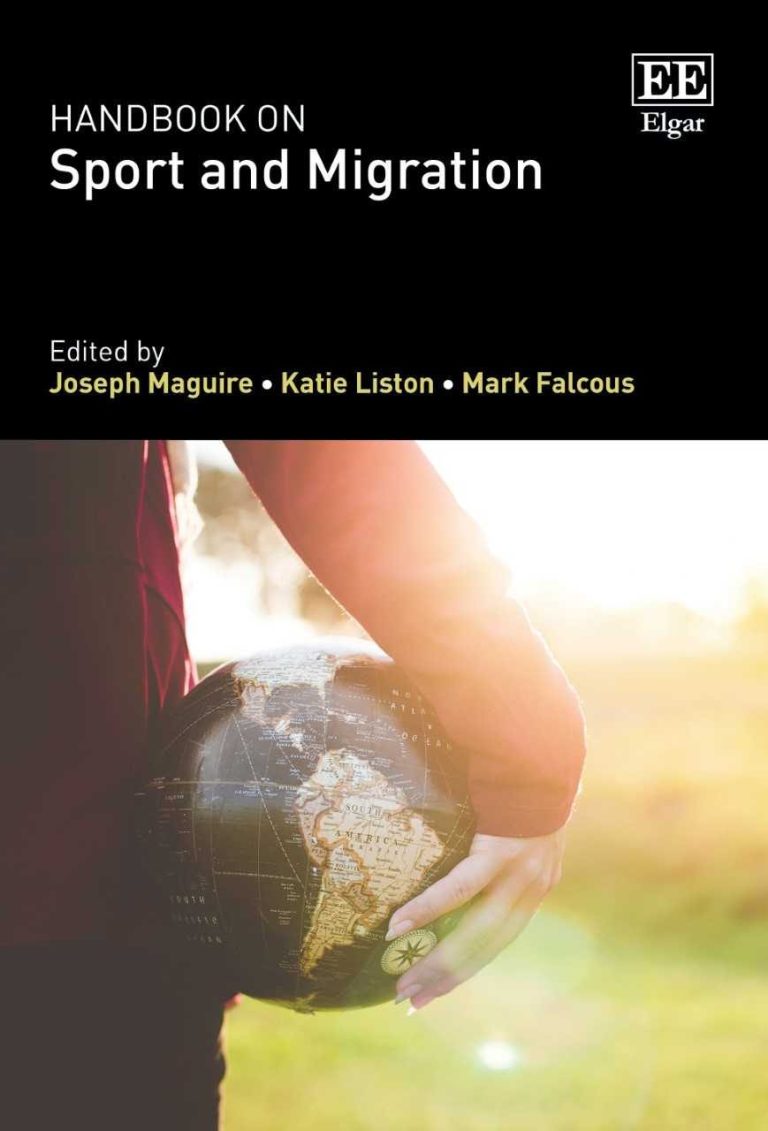
14 February 2025
We welcome Uroš Kovač (University of Groningen) as a new member of the network.
Uroš is a social anthropologist working on youth, gender, migration, religion, and development, often through the prism of sports in Africa. His Marie Skłodowska-Curie postdoctoral project (2023-2025), based at the University of Groningen, is entitled “JANUSHOPE: Two-Faced Hopes.” It investigates the intersection of football, migration, and religion among African migrants in Europe in order to study hope. The project turns to African “irregular” migrants who hope to sign contracts with European football clubs to understand how their faith-based narratives of hope might both critique and reproduce inequalities of global sport, global capitalism, and transnational migration.
Uroš is the author of The Precarity of Masculinity: Football, Pentecostalism, and Transnational Aspirations in Cameroon (2022), a book that explores relations between neoliberalism, Pentecostalism, masculinity, and the commercialization of sports, and counters simplistic assumptions of a crisis of masculinity in Africa and elsewhere. He has also conducted research with Kenyan long-distance runners, examining relations between environment, infrastructure, and professional sports, and challenging dominant paradigms of Africans’ agency in global capitalism (Journal of the Royal Anthropological Institute). Most recently, he has written about human trafficking and racialization in football (Journal of Ethnic and Migration Studies) and competition and trust in Cameroon (Africa).

31 January 2025
Julia Faulhaber, PhD student in Social Anthropology at the University of Tübingen, has recently joined the network. Her work is situated in political and psychological anthropology, with an emphasis on postcolonialism, gender, youth, emotions and sports and a regional focus on Jamaica and the Caribbean.
Her research project explores young male footballers' aspirations, experiences, and future-making processes in Kingston, Jamaica, focusing on how social, cultural, and structural influences shape their pathways. Through ethnographic fieldwork, the study delves into how the young players negotiate familial, societal, and economic expectations while confronting dominant ideas of masculinity and success. The research draws on interdisciplinary perspectives to understand how football becomes a site of cultural negotiation and a medium for aspiring to "better" futures. It situates aspirations within a broader framework of neo-colonial power dynamics, exploring how globalized football systems both create opportunities and reinforce structural inequities. The findings aim to provide a nuanced understanding of how Jamaican youth engage football as a means of navigating societal pressures, striving for economic, social, and geographical mobility. By studying the intersection of youth agency, global sports migration, and local cultural values, the project aims to contribute to broader discussions on masculinities, future-making, and the socio-cultural dimensions of sports in Jamaica and beyond.
Welcome, Julia!
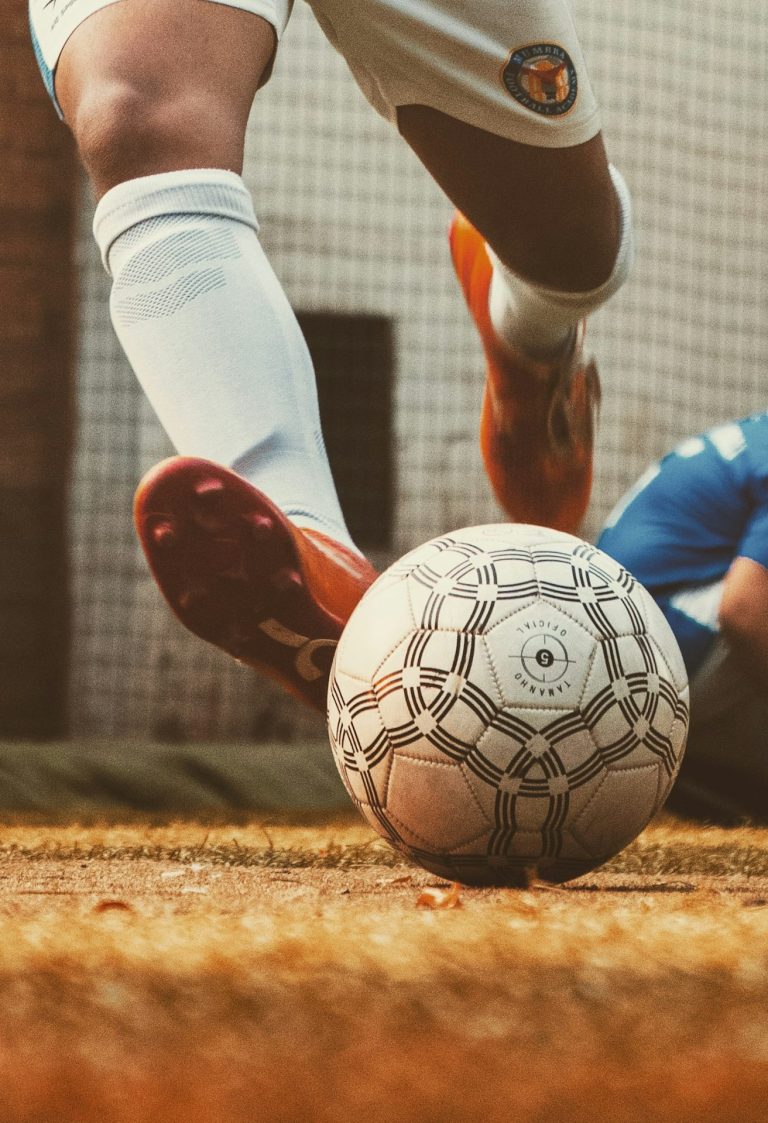
17 December 2024
A number of major conferences are planned for 2025 that will also be of interest to researchers in the field of sport and migration.
The 10th European Conference on African Studies takes place in Prague, from 25 to 28 June 2025, with the theme "African, Afropean, Afropolitan" and with the panel "Dynamics of African Sport Migration". The deadline for submission of papers is 20 December 2025. The guidelines for submitting papers can be found at the ECAS website. Clicking on the ‘Paper Submission Form’ link will take you to the list of thematic streams under which panels are listed: Call for Papers - ECAS 2025.
The 21st European Conference for the Sociology of Sport takes place in Warsaw, from 27 to 27 June 2025, with the theme "Sport and the World in Crisis: Challenges and Solutions", including a panel on "Sport and migration". The submission of abstracts is possible until 3 February 2025.
The 2025 World Congress of Sport Sociology takes place in Seoul, from 8 to 11 July 2025, with the theme "60 Years of the Sociology of Sport: Past, Present, and Future Trajectories". It features a stream entitled "Sport & Migration", organised by network member Mark Falcous. Abstract submission is possible until 31 January 2025.
Looking forward to seeing you there!

29 November 2024
Carmen Rial, board member of the network, co-organised a panel on "Football and Mobility" at the recent World Anthropological Union Congress in Johannesburg (November 11-15, 2024).
The panel explored various dimensions of player mobility, addressing questions about the historiography of migration, gendered mobilities, professional and amateur mobilities and the role of mediators within and outside football clubs. The discussion extended to an investigation of racial regimes, the impact of footballers' social integration and the images abroad on immigrants of the same nationality in the host country, exploring associated stereotypes and ethnic identity. The panel also examined the relationships and experiences migrant footballers share with members of other groups such as labor workers, elites (diplomats, academics, traders), and religious figures. Additionally, it explored the impact of (post)colonial relations on the routes of player circulation.
Among others, network members Mari Engh (Racial/Gendered Regimes in African women's football migration), Julia Haß (Mobilities in women’s amateur football in Rio de Janeiro), Emy Lindberg (“The football dads”: entanglements of economy and care in the football migration industry) and Carmen Rial (The mobility of Brazilian football players abroad) presented papers.
The next WAU congress will take place in Antigua, Guatemala, from November 3–8, 2025. The call for panels will open on December 2!

31 October 2024
William Crossan, network member and Assistant Professor of Sports Management at Charles University in Prague, has published his new book Czech Sport Migration. Push and Pull Variations Between Sports and Cultures.
This book explores the diverse landscape of sport migration across various sports, examining how cultural significance and the global hierarchy shape migration patterns, networks, and decisions. The Czech Republic boasts a rich sporting heritage that traces back to the Sokol movement and has been significantly influenced by the YMCA. Sport migration continues to increasingly shape the country’s sporting culture today. Focusing on the cultural primary sports of ice hockey and football, the secondary sports of basketball and volleyball, and the developing sport of baseball, this book examines the impacts of migration on athletes, national federations, teams, and fans. Based on over twenty years of ethnographic research, the author employs multiple methodologies to examine this phenomenon of globalization, including the historical, political, economic, and sporting system contexts that influence these multi-directional global flows. Each chapter employs different methodologies to analyze migration and its effects, providing valuable insights for future researchers.
Congratulations, William!

11 October 2024
Network member Nicholas Wise has co-edited the new book The Mediating Power of Sport. Global Challenges and Sport Culture in China with Emerald. This collection addresses the questions of why China has so tightly embraced modern sport and how this interacts with China’s mediated ability to play and compete with the West, Hereby, some chapters also deal with migration issues which makes the book relevant also for scholars working in the field of sport migration.
While this collection analyses how sport is seen as a channel of observing global, political and economic challenges, contributors analyse topics including traditional sports, nationalism, football fandoms, commercialisation and esports. Offering critical insights into ‘glocalized’ sporting cultures and political hegemony, authors dig deep into common sociological theories to address issues around mediating power and China’s sport culture. Examining the relationship between sport and social transformation, contributors also reflect on how we might research the sociology of sport in China going forward.
Exploring how sporting cultures, practices and attitudes differ across cultural settings, The Mediating Power of Sport demonstrates how China has created new forms of influence through sport and considers what this might mean for how we think about soft power, international prowess and the deeper role sport can play on the world stage.

25 September 2024
The new Handbook on Sport and Migration (Edward Elgar), co-edited by network members Mark Falcous and Katie Liston, and Joseph Maguire, has just been published. It emphasises how sport in its various forms intersects the experiences of asylum seekers, refugees, workers and migrants and how sport and migration is embedded in the wider power struggles of global sport.
Several network members have contributed chapters to the handbook, incl. Sine Agergaard, Gerard Akindes, Gijs van Campenhout, William Crossan, Paul Darby, Richard Elliot, James Esson, Roy McCree, Alan Klein, Rafaelle Poli, Dominik Schieder, Holly Thorpe and Nicholas Wise.
‘Edited by three of the most influential scholars in the global sociology of sport, the Handbook on Sport and Migration is a definitional text in the sub-field. Taking as the central foci how global sports systems are foundationally based on the flow of athletes between nations, and how such fluidity veritably shapes contemporary constructions of nationhood, space, boundaries, labour, economics, and identity/selfhood, the collection showcases theoretically compelling and substantively rich case studies from around the sporting globe. Handbook on Sport and Migration presents the most nuanced, comprehensive, comparative, and inclusive collection on sport migration from the micro-contextual to the transnational. As such, it is a clarion call for anyone fascinated with global sports studies.’
– Michael Atkinson, University of Toronto, Canada

5 September 2024
We welcome Julia Haß (FU Berlin) as a new member of the network. Her research interests include Latin American migrant amateur football in Brazil and Europe and gender relations in (amateur) football spaces.
Julia currently works in a post-doc project entitled "Shaping belonging and local spaces in Latin American migration football contexts". In her project, she researches the shaping of belonging and of local – urban, social and political – sport spaces by Latin American migrant amateur football teams in Germany. While migrants are founding amateur football teams and clubs in major cities around the world, football has a special significance in Latin American migration contexts due to its popularity on the continent. Migrant amateur football is understood as an everyday transcultural practice and provides an opportunity for the players to establish new affiliations, with a similar origin or mother tongue having a unifying effect. In the course of their participation in local leagues and tournaments, the teams also take part in organized football in the country of arrival. How the players, teams and clubs help to shape local sport spaces through their involvement in amateur football is investigated by an ethnographic study. A particular focus is on gender-specific negotiations in football spaces that have traditionally been dominated by men.
In her previous doctoral project, Julia has studied the appropriations of geographical and social spaces by women in amateur football in Rio de Janeiro.

2 September 2024
Network member José Hildo de Oliveira Filho’s has participated in a podcast on his personal journey in promoting diversity and inclusion: His life is a remarkable tale of resilience, exploration, and a deep commitment to understanding the complexities of migration, identity, and inequality. From his early days in Manaus, Brazil, to his research activities in Europe, José has dedicated his life to advancing knowledge and advocating for diversity and inclusion in both academia and sports.
Key Insights:
Formative Years: José Hildo’s childhood in the Amazon fostered a profound appreciation for nature and a curiosity about the world.
Global Academic Pursuits: His educational journey took him across Brazil, Portugal, Sweden, and the Czech Republic, enriching his understanding of diversity and inclusion.
Research Impact: His book on Brazilian football players in Europe sheds light on the challenges of sports migration, including loneliness, inadequate medical care, and racial discrimination.
Commitment to Inclusion: José Hildo is a strong advocate for inclusive policies in academia and sports, emphasising the importance of empathy, collaboration, and understanding.
Lifelong Learning: His ongoing academic work reflects a lifelong dedication to learning and pushing the boundaries of knowledge.

29 August 2024
Activities at the Federal University of Santa Catarina (UFSC), organised by Carmen Rial:
IV Football Symposium - NAVI & I INCT Meeting: 140 scholars attended the meeting Brazilian Football Studies: Epistemological and Soccer Productions at UFSC (5-7 August, 2024), promoted by INCT/CNPq - National Institute of Science and Technology.
International Colloquium (INCT/CNPq): ISEF/UDELAR will host the 1st International Colloquium Social Sciences and Football - Exchange and South American Perspectives in Montevideo, 12-14 October, 2024. It is promoted by INCT/CNPq - National Institute of Science & Technology and fosters collaboration between South American researchers in the Humanities and Social Sciences: https://www.instagram.com/inctfutebol
Niko Besnier at UFSC: This semester, network member Niko Besnier (La Trobe University) will teach the seminar Body and Sport: Economy, Politics and Culture at the Interdisciplinary Postgraduate Program in Humanities (UFSC), together with Carmen Rial and Caroline Almeida.

26 August 2024
Network member Alessio Norrito has published a new article in Leisure Studies: "Between hope and cruel optimism? The dangers and possibilities of football in fostering hope for male refugees".
An ongoing debate exists on the role of sport for fostering hope in the lives of marginalised communities. Research acknowledges the complexity of agency, hope and emotions within sport in the lives of forced migrants and the danger of evangelical beliefs when thinking of hope as a solution to social problems. This paper presents the case of the ongoing Mediterranean crossings, where asylum-seekers go through deadly journeys to reach safety in Europe. It explores how the interplay between hope and football shapes their journeys, and how the widely popularised dreams of football success can result in extreme consequences for those willing to pursue them. It does so by taking into account primary data (n = 29 refugee participants) and secondary biographical data, of both accomplished footballers and aspiring footballers with a refugee background. Results show that there is a crucial necessity to acknowledge the multiplicity of identities and experiences contained within the refugee label. Attempts to associate refugees with conditions of stardom can be counterproductive towards beneficial outcomes, to the extent of being dangerous. Nonetheless, not all hope should be lost. The paper presents alternative avenues to better address the concept of hope in football for refugee well-being.
Keywords: Refugee footballers; sport for development; hope; well-being; affect; emotions

8 August 2024
Network member Roy McCree has published his new book "The British, Soccer and Identity in the Caribbean. Class, Race and Nation, 1908–1973" with Routledge.
This book examines the role of the British in the diffusion and development of soccer on the Caribbean islands of Trinidad and Tobago, in the light of issues of race, ethnicity, colour, class and national identity, in the period 1908–1973. This role was expressed in the activities of understudied organizations like the English Football Association and the British Council, as well as oil companies like Shell and British Petroleum; through the recruitment of coaches such as Jimmy Hill and Michael Laing; the staging of tours involving teams such as Chelsea, Coventry, and Arsenal in the 1960s; the formation of clubs, leagues and the construction of sporting facilities. Relatedly, it examines the role of the local middle classes in facilitating the commercialization of the game through professionalization and the operations of betting pools. The volume will help to give readers a better understanding of how the game served as a “double agent” of British hegemony and segregation, as well as integration and socio-political change in colonial and post-colonial society.
The book also examines the sporting and political significance of the early migration of soccer players from Trinidad and Tobago in the colonial and post-colonial periods of the 20th century to England, Venezuela as well as the United States as part of the game's diffusion to the island.
Congratulations, Roy!

1 July 2024
Following its tenth anniversary in April 2024, the network has initiated a couple of changes to its exisiting format, management and direction.
Most visibly, the network's website has moved from its current host (Aalborg University, and formerly Aarhus University) to its new independent platform www.sportmigration.net.
Sine Agergaard, Nina Clara Tiesler and Paul Darby have stepped down from their position as members of the board. Christian Ungruhe, Mari Haugaa Engh and Carmen Rial have joined the board and will manage it together with the longstanding board members Mark Falcous and Alan Klein.
Our aspiration for the coming years is to stress on interactive participation, encouraging collaboration and developing research in the broad field of sports and migration. Hereby, we build on Sine's, Nina Clara's and Paul's inspiring work and network initiatives - many thanks to the three of you!
We are happy to receive suggestions and thoughts from members and people interested in sports and migration issues - feel free to get in touch and let us know: christian.ungruhe@uni-passau.de.
Looking forward to fruitful collaboration,
Christian Ungruhe, Mari Engh, Mark Falcous, Alan Klein & Carmen Rial
